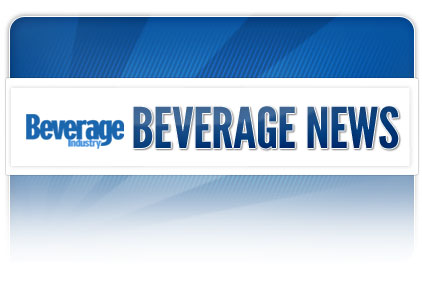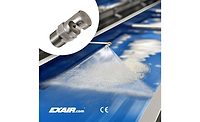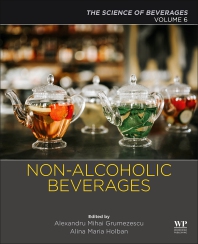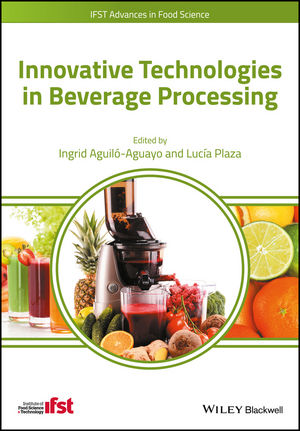Resveratrol finds new role in non-supplement applications

The results of a study by Innova Market Insights, Duiven, the Netherlands, which tracked the number of global launches of food and beverage products that contain resveratrol, found that increasing consumer interest in health and the growing body of research about the antioxidant’s role and efficacy has helped the ingredient become more mainstream.
According to Innova data, the number of products with resveratrol consistently rose from 2000 to 2010, with particularly strong activity in 2009 and 2010 as non-supplement products that contain the ingredient started to appear in greater numbers. This was particularly true in the United States, where interest was boosted by the introduction of a number of branded resveratrol ingredient blends, the market insights firm reports. Although the actual number of launches featuring resveratrol recorded globally fell in 2011 and appeared relatively static in 2012 to date, the share taken by supplements also has fallen from about 90 percent in 2009 to 80 percent in 2012, it reports.
Resveratrol is a powerful antioxidant that can help prevent free radical damage, which can lead to the premature aging of cells, and has been linked with an anti-cancer effect, cardiovascular health and healthy inflammatory processes as well as anti-aging properties that help to promote youthful energy and appearance, Innova says. It is found naturally in peanuts, mulberries, grapes, Japanese knotweed and red wine.
Supplement launches with resveratrol have continued and become more widespread and sophisticated, often including other ingredients and targeted at different consumer groups and health requirements. Activity in non-supplement lines tended, at least initially, to focus on beverages, confectionery and snacks, using the natural presence of resveratrol in key ingredients such as grape skins, cocoa powder and peanuts, respectively. As a result, early launches included wine and chocolate, both marketed for their high resveratrol contents.
Looking for a reprint of this article?
From high-res PDFs to custom plaques, order your copy today!








